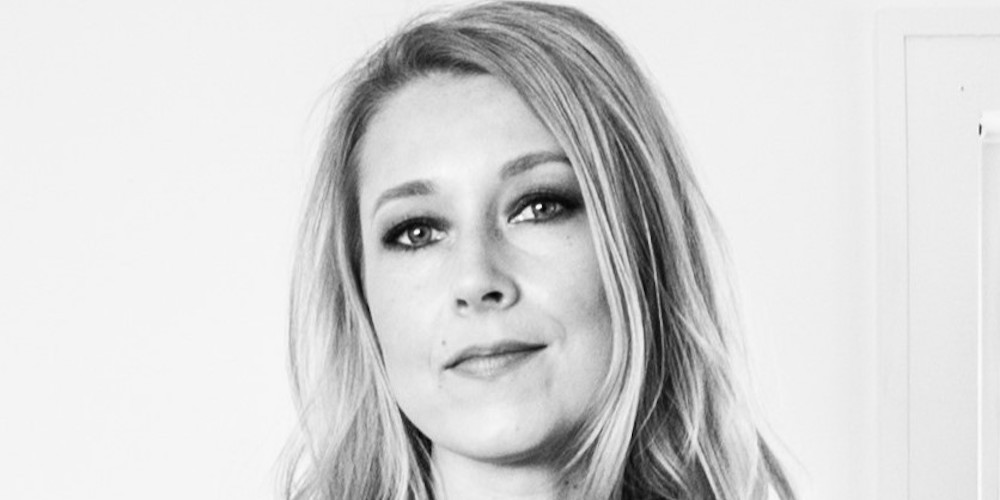Alumni Spotlight: Sarah Smarsh '05
The Alumni Spotlight is a place to hear from the School of the Arts alumni community about their journeys as artists and creators.
Sarah Smarsh '05 is a journalist who has covered politics and public policy for The New York Times, Harper’s, The Atlantic, National Geographic, The New Yorker, and many other publications. Her first book, Heartland: A Memoir of Working Hard and Being Broke in the Richest Country on Earth (2018), was an instant New York Times bestseller, a finalist for the National Book Award, winner of the Chicago Tribune Literary Award, and a best-books-of-the-year selection by President Barack Obama. Smarsh’s second book, She Come By It Natural: Dolly Parton and the Women Who Lived Her Songs (2020), was a finalist for the National Book Critics Circle Award. A first-generation college graduate raised on a small wheat farm in Kansas, Smarsh is a frequent media commentator on rural issues and socioeconomic class. She has been a featured speaker at the Aspen Ideas Festival, the Obama Foundation Summit, Sydney Opera House, the Edinburgh International Book Festival, the Robert Wood Johnson Foundation Rural Summit, the Clinton School of Public Service, the Moth storytelling mainstage and the Senate Democrats Rural Summit. Smarsh is a former writing professor who has served as a Shorenstein Fellow at Harvard University’s Kennedy School of Government and a Pritzker Fellow at the University of Chicago Institute of Politics. She lives in rural Kansas.
Was there a specific faculty member or peer who especially inspired you while at the School of the Arts? If so, who and how?
In his writing workshop, nonfiction professor Richard Locke provided incredible insights about my thesis—wisdom about the craft, yes, but also uncanny observations about specific, real-life characters and settings—that remain with me almost two decades later. What sticks with me most, though, is not the intellectual brilliance for which Professor Locke is known but the tone with which he assessed my work. As a first-generation college graduate only five years off my Kansas family's wheat farm when I arrived at Columbia, I was accustomed to classism toward my accent, my rough edges, and my stories of a socioeconomically marginalized community. Professor Locke neither condescended to nor made precious my socioeconomic identity. He treated my work, its themes, and its author with plain respect, allowing me to focus on the work that became my first book, Heartland.
What were the most pressing social/political issues on the minds of the students when you were here?
Tuition protests were common during my years at Columbia. I recall a friend wearing a black-and-white cow costume and holding a sign suggesting the School of the Arts was a cash cow for the university's other departments. Responding to that climate from my specific vantage as a student from a low-income household, I attempted to create a student organization for first-generation college students. Perhaps because class was such an ill-articulated identity at the time, only a handful of students showed up and the project fizzled. I would go on to spend several years as university faculty elsewhere, and my service work focused on diversity—including diversity of class and place.
What were the first steps you took after graduating?
I moved back to Kansas, took a bartending job at a biker bar on Interstate 70, and kept working on my book.
